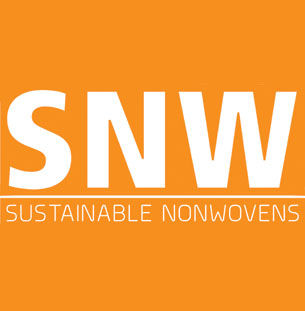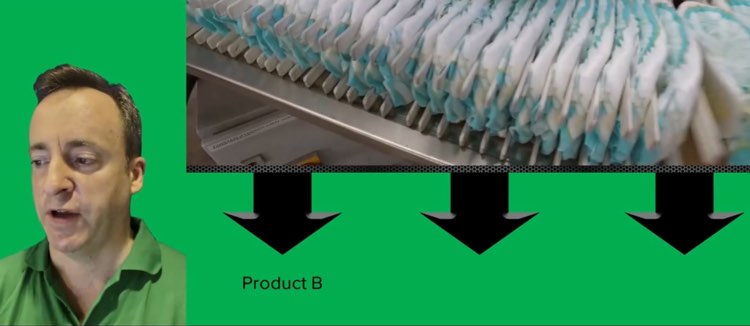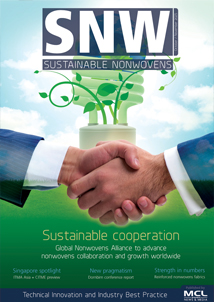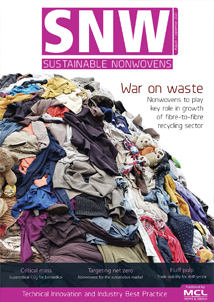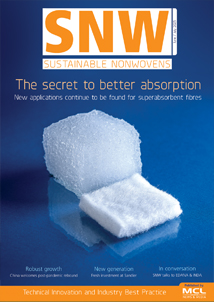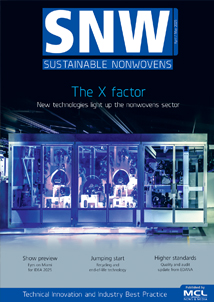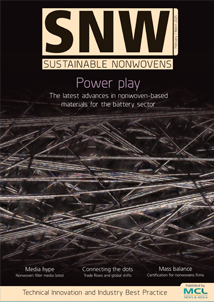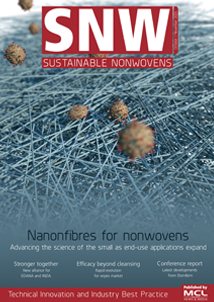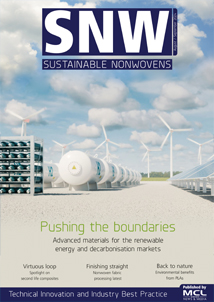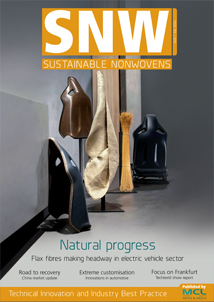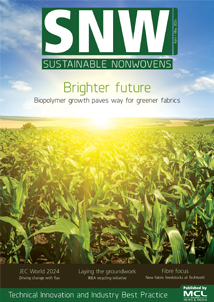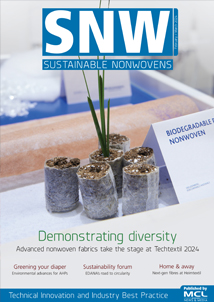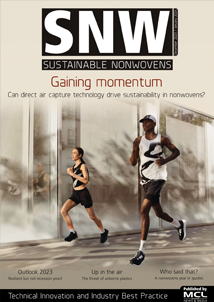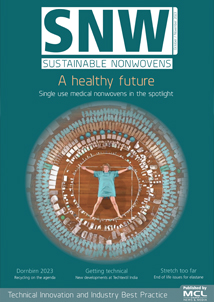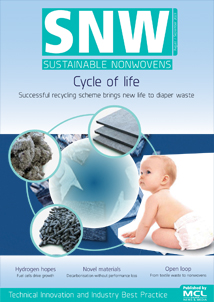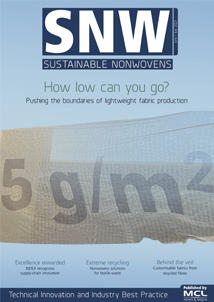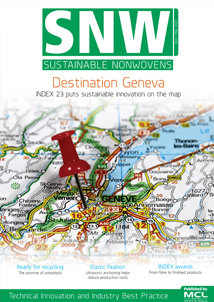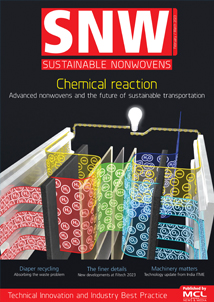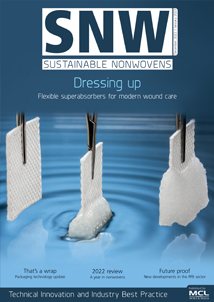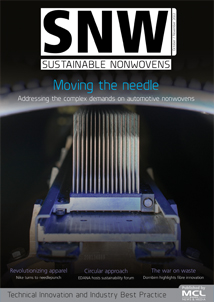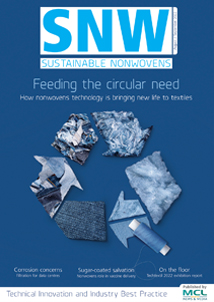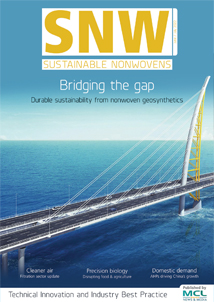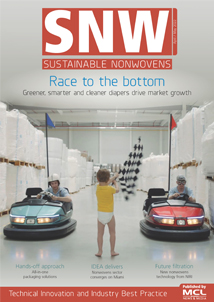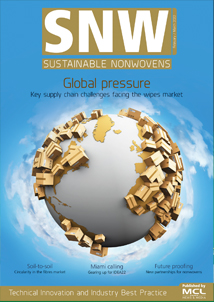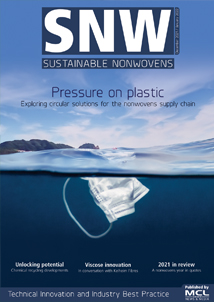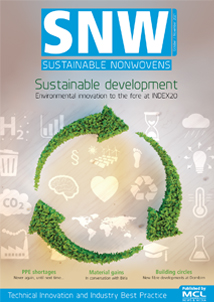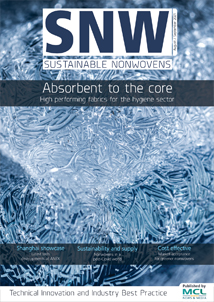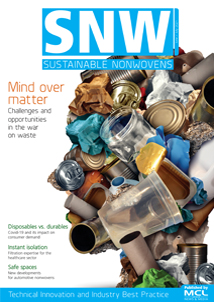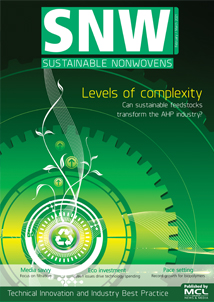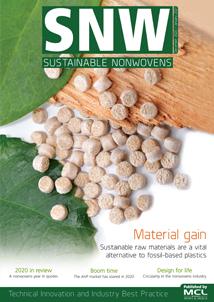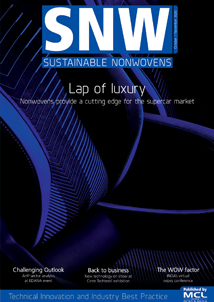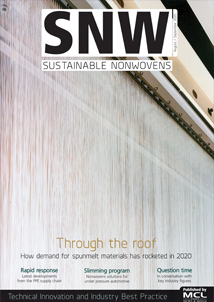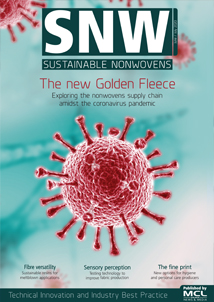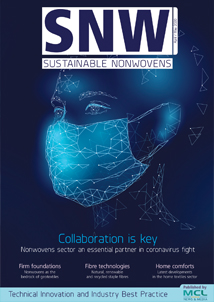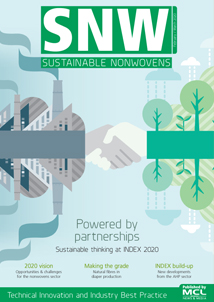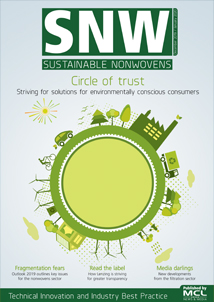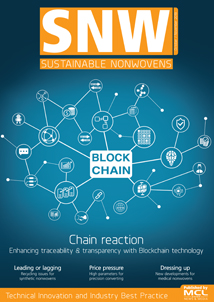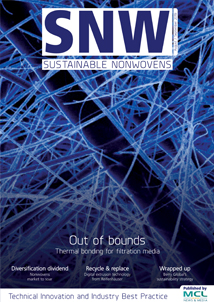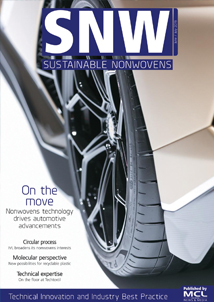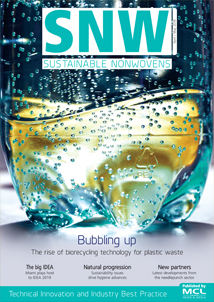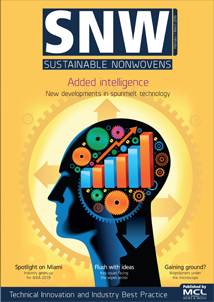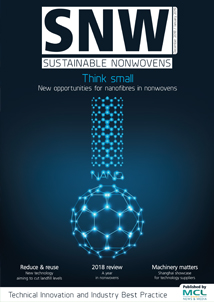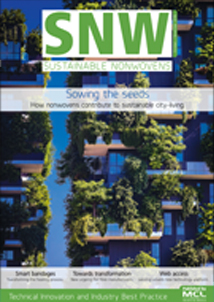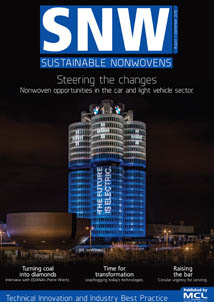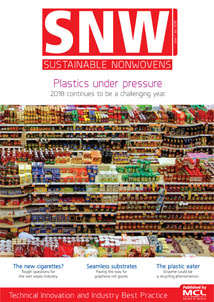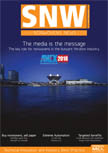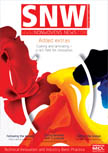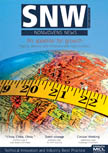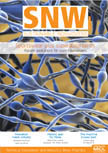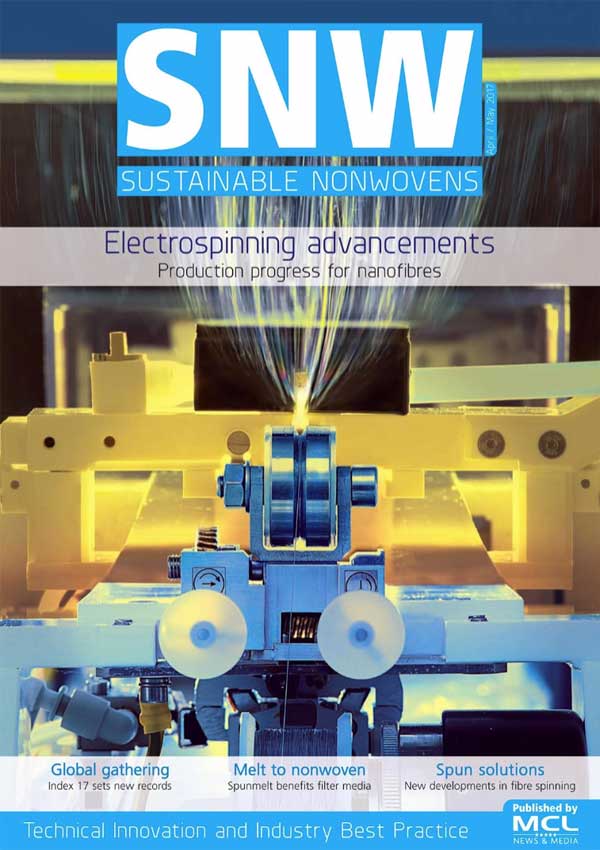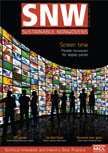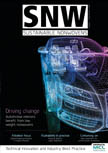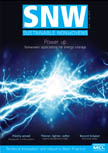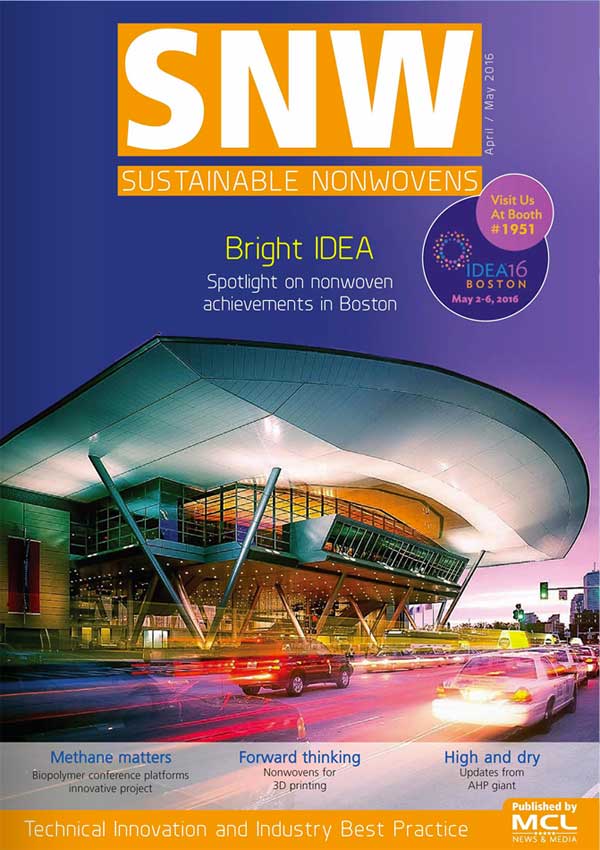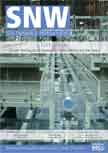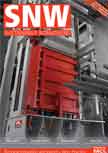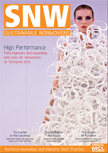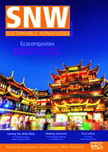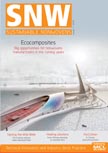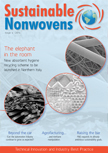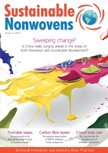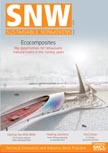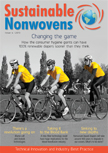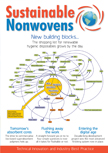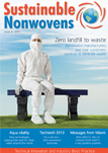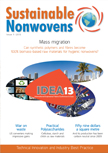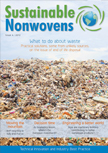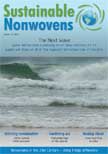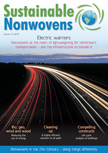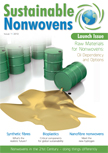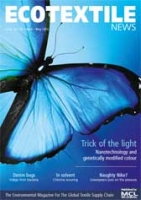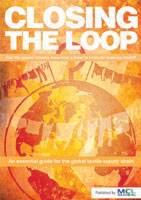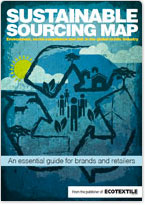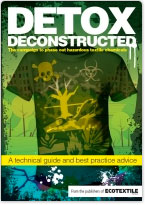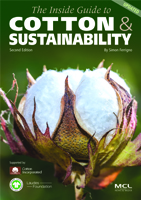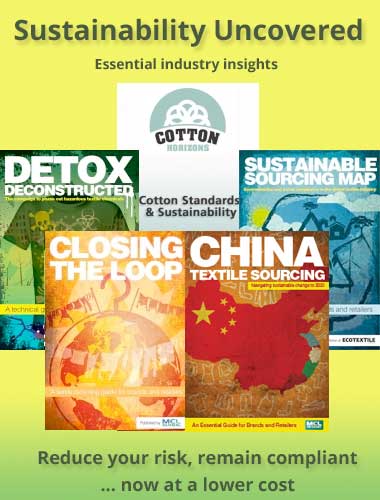SINGAPORE – The baby diapers rejected by quality control during regular production at plants around the world each year equate to an annual 21,000 full trucks of waste stretching 361 kilometres.
If the similar reject products for adult incontinence and femcare were factored in, they would further stretch this line of trucks to 500km – all destined for landfill.
This shocking scenario was painted by Martin Scaife, chairman and CTO of Diaper Recycling Technology at the recent EDANA Outlook virtual conference, based on an assumption of the 1,000 diaper machines in operation worldwide producing an average 1,000 diapers per minute, at an efficiency rate of 83%, leading to a 2% reject rate, which is probably on the conservative side.
This is the equivalent of 16,500 diapers per minute, 1.2 million an hour and 28.8 million a day. Over a year it amounts to 8.5 billion baby diapers wasted.
B Grade diapers
At present, however, not all of this diaper waste is going to landfill, with a portion of it sold in the so-called ‘B Grade’ market. At the manufacturing plant the rejected products are simply baled without shredding and sent for external processing where items are manually separated into good, bad and repairable categories.
The good and repairable diapers end up being bagged up and sold at low cost in markets in many developing countries, while the bad are shredded and further sold on.
There are, however, many problems with this B Grade market, with many countries banning the import of such waste, and prices are falling. The larger brands will not operate in the space since it would effectively mean competing with their own products with low cost versions, and also carries significant brand risks and dangers by association.
Options
Another option for diaper manufacturers is to have their waste shredded and sold for incineration. The diapers do have some burn value, but transportation costs generally outweigh what the manufacturer can recoup. On average, the cost recouped is around $12 for every $100 of waste sold for incineration.
Landfill, meanwhile, is the least attractive option since nothing can be recouped at all, only additional costs added.
100% recovery
As such, internal processing makes perfect sense and Diaper Recycling Technology’s latest system allows the separate recovery of the plastic, SAP and pulp in the diapers.
“Everything can be recovered for reuse in production and one-to-one savings, eliminating transportation costs to establish a truly circular system,” Scaife said.
While recycling systems have been produced for the past twenty years, their adoption has been very low, he added, primarily due to their huge energy requirement, as well as the space they require, and the additional labour costs incurred. In addition, there have been particular problems with damaged SAP and pulp and plastic not being fully separated.
Diaper Recycling Technology’s latest system is achieving much higher recovery – on average of 75-80% – while considerably reducing the energy requirement.
“This is the single biggest enhancement to our latest system, with a significant impact on the payback period,” Scaife said. “With our MOQ1 system, processing is on a single diaper pick-up basis with a number of benefits in terms of accurate shredding and the full opening up of the diaper core.”
Multiple sensors and scanners and gravimetric feeding ensure consistent separation to establish consistent and very clean streams of pulp, plastics and SAP with no contamination.
“Our technology allows diaper manufacturers to establish a fully circular process within their plants, which is good for both their profits and the planet,” Scaife concluded.
